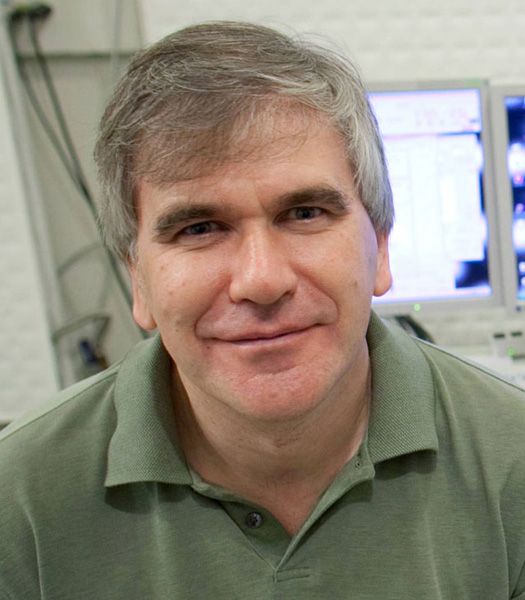Christopher J. Kiely, the Harold B. Chambers Senior Professor of Materials Science and Engineering at Lehigh University’s P.C. Rossin College of Engineering and Applied Science, has been elected as a Fellow of the Microanalysis Society (MAS).
The MAS Fellow distinction was established to recognize MAS members—influential scientists, engineers, and technologists in the field of microanalysis of materials and related phenomena—who have “distinguished themselves through outstanding research, outreach and teaching, and service to the microanalysis community,” says current MAS president Rhonda Stroud.
“We take pride in recognizing those among us who excel and lead us toward greater achievement,” says Stroud. “Such recognition helps the young see the paths that have been successful.”
Kiely is one of three individuals to receive the distinction in 2020. He was honored for “outstanding leadership and sustained contributions to analytical electron microscopy of nanoparticle self-assembly, metal and complex oxide catalysts, and interfacial analysis.”
Kiely directs the Materials Characterization Facility at Lehigh as well as the annual Lehigh Microscopy School. He has developed a particularly strong and productive international collaboration with researchers at the Cardiff Catalysis Institute in the UK, where he is also a professor of electron microscopy and catalysis.
“It brings great satisfaction to see Dr. Kiely recognized by the Microanalysis Society,” says Wojciech Z. Misiolek, chair of materials science and engineering and director of the Loewy Institute at Lehigh. “His passion in applying the advanced transmission electron microscopy techniques for the study of nanoparticles of metals and complex oxides has produced valuable, exciting results, which are applied to improvements in catalyst materials.”
To date, Kiely has published more than 315 journal papers and 220 conference papers, and has also given numerous invited presentations throughout Europe and the United States on his research work. He is also affiliated with Lehigh’s Institute for Functional Materials and Devices (I-FMD).

